The Body's Ability To Resist Pathogens And Disease Is Called ____.
The body's ability to resist pathogens and disease is called ____.. Many bacteria are normally benignbut have a latent ability to cause disease in an injured or immunocompromised host. The ability to differentiate pathogens or foreign molecules from self cells is lost a i and ii b ii and iv c iii and iv d i and iii Answer. Capsules can resist unenhanced attachment by preventing pathogen-associated molecular patterns or PAMPs - components of common molecules such as peptidoglycan teichoic acids lipopolysaccharide mannans and glucans common in microbial cell walls but not found on human cells - from binding to endocytic pattern-recognition receptors on the surface of the phagocytes Figure 55.
It is the quintessence of action and the ability to maintain the physiological functions of the tissues and the organs throughout the body. Immunity the bodys ability to resist disease and counteract it Antigens any substance triggering an immune response. Body attacks self cells.
Some bacterial pathogens are fastidious in their choice of host and will only infect a single species or a group of related species whereas others are generalists. In people with healthy immune systems cells called macrophages and neutrophils engulf these pathogens nipping them in the bud. The various and complex mechanisms of immunity are basic to the bodys ability to protect itself against specific infectious agents and parasites to accept or reject cells and tissues from other individuals as in blood transfusions and organ transplants and to protect against cancer as when the immune system recognizes malignant cells as not-self and destroys them.
Immune system A combination of body defenses made up of the cells tissues and organs that fight off pathogens and disease. Once the pathogen sets itself up in a hosts body it manages to avoid the bodys immune responses and uses the bodys resources to. The nonspecific components act as barriers or eliminators of a wide range of pathogens irrespective of their antigenic make-up.
B Rheumatoid arthritis is an autoimmune diseases in which. YOUR BODY DEFENDS ITSELF. These are called opportunistic pathogens.
AIDS is caused by HIV. One of the bodys innate immune defenses is the ability to physically remove bacteria from the body through such means as the constant shedding of surface epithelial cells from the skin and mucous membranes the removal of bacteria by such means as coughing sneezing vomiting and diarrhea and bacterial removal by bodily fluids such as saliva blood mucous and urine. The ability to differentiate pathogens or foreign molecules from self cells is lost.
In biology immunity is the capability of multicellular organisms to resist harmful microorganisms. It is a term of TCM that is preserved in the kidneys is inspired by nature and comes from consumed water and rice.
The various and complex mechanisms of immunity are basic to the bodys ability to protect itself against specific infectious agents and parasites to accept or reject cells and tissues from other individuals as in blood transfusions and organ transplants and to protect against cancer as when the immune system recognizes malignant cells as not-self and destroys them.
The various and complex mechanisms of immunity are basic to the bodys ability to protect itself against specific infectious agents and parasites to accept or reject cells and tissues from other individuals as in blood transfusions and organ transplants and to protect against cancer as when the immune system recognizes malignant cells as not-self and destroys them. YOUR BODY DEFENDS ITSELF. These are called opportunistic pathogens. Body attacks self cells. The various and complex mechanisms of immunity are basic to the bodys ability to protect itself against specific infectious agents and parasites to accept or reject cells and tissues from other individuals as in blood transfusions and organ transplants and to protect against cancer as when the immune system recognizes malignant cells as not-self and destroys them. AIDS is caused by HIV. All a pathogen needs to thrive and survive is a host. One of the bodys innate immune defenses is the ability to physically remove bacteria from the body through such means as the constant shedding of surface epithelial cells from the skin and mucous membranes the removal of bacteria by such means as coughing sneezing vomiting and diarrhea and bacterial removal by bodily fluids such as saliva blood mucous and urine. Many bacteria are normally benignbut have a latent ability to cause disease in an injured or immunocompromised host.
The nonspecific components act as barriers or eliminators of a wide range of pathogens irrespective of their antigenic make-up. One of the bodys innate immune defenses is the ability to physically remove bacteria from the body through such means as the constant shedding of surface epithelial cells from the skin and mucous membranes the removal of bacteria by such means as coughing sneezing vomiting and diarrhea and bacterial removal by bodily fluids such as saliva blood mucous and urine. It is the quintessence of action and the ability to maintain the physiological functions of the tissues and the organs throughout the body. YOUR BODY DEFENDS ITSELF. Some bacterial pathogens are fastidious in their choice of host and will only infect a single species or a group of related species whereas others are generalists. In biology immunity is the capability of multicellular organisms to resist harmful microorganisms. Other components of the immune system adapt themselves to each new disease encountered and can generate pathogen-specific immunity.



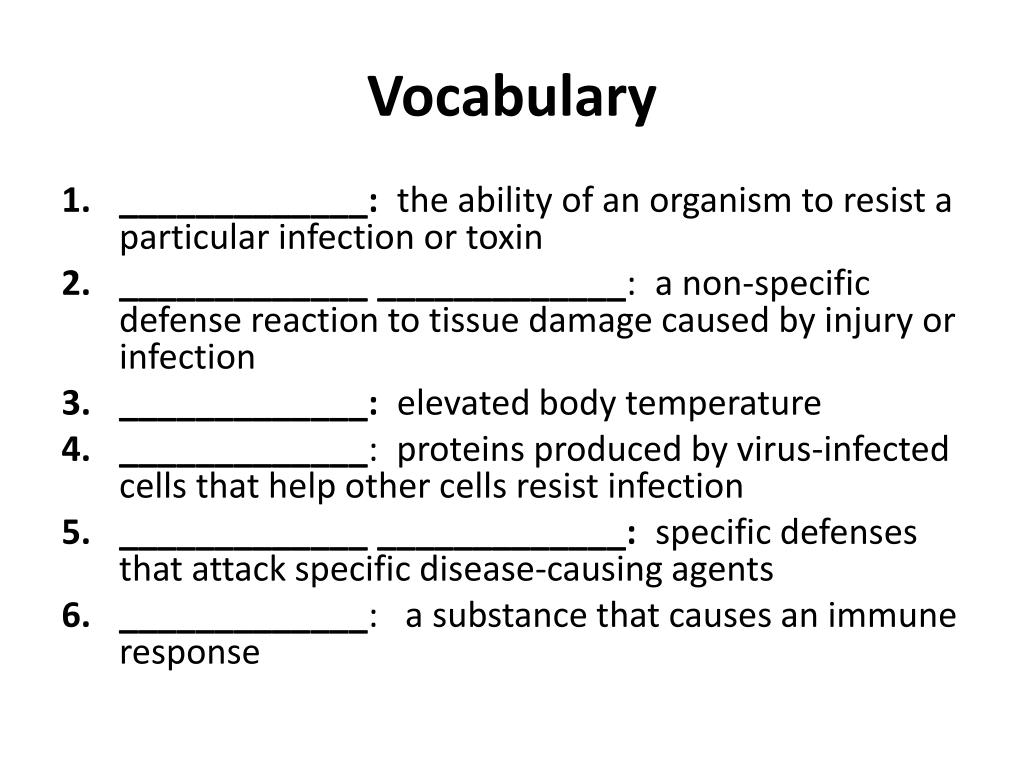














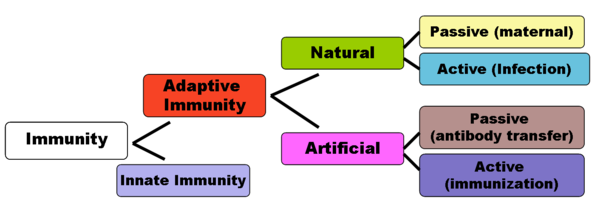








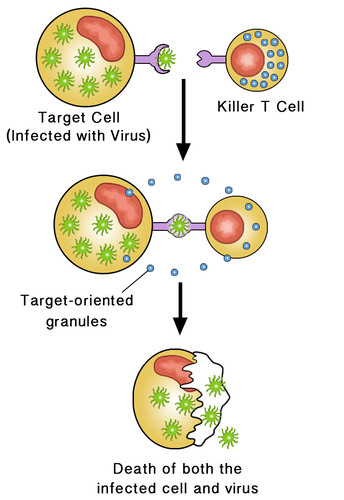
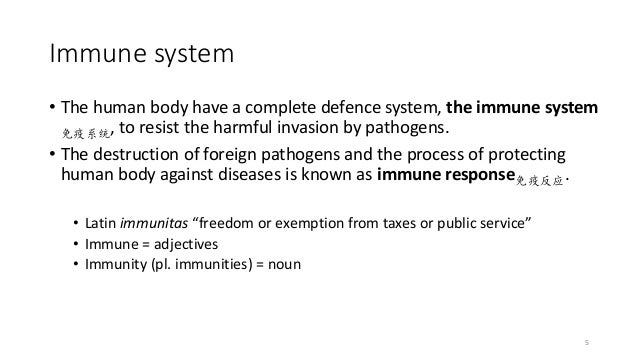
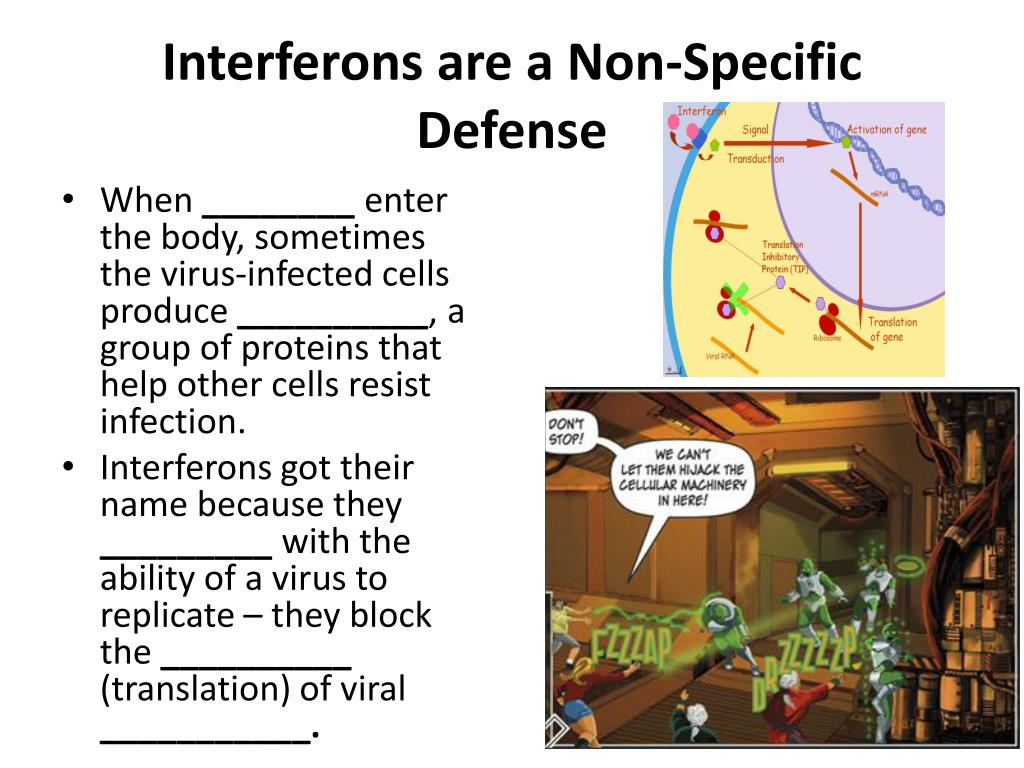







Post a Comment for "The Body's Ability To Resist Pathogens And Disease Is Called ____."